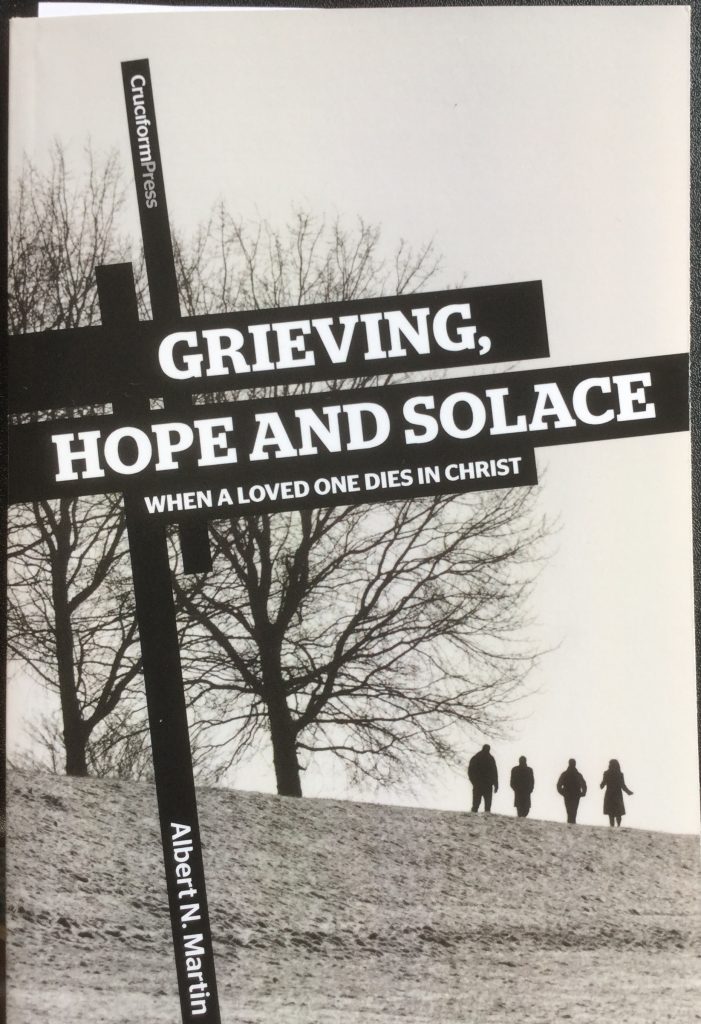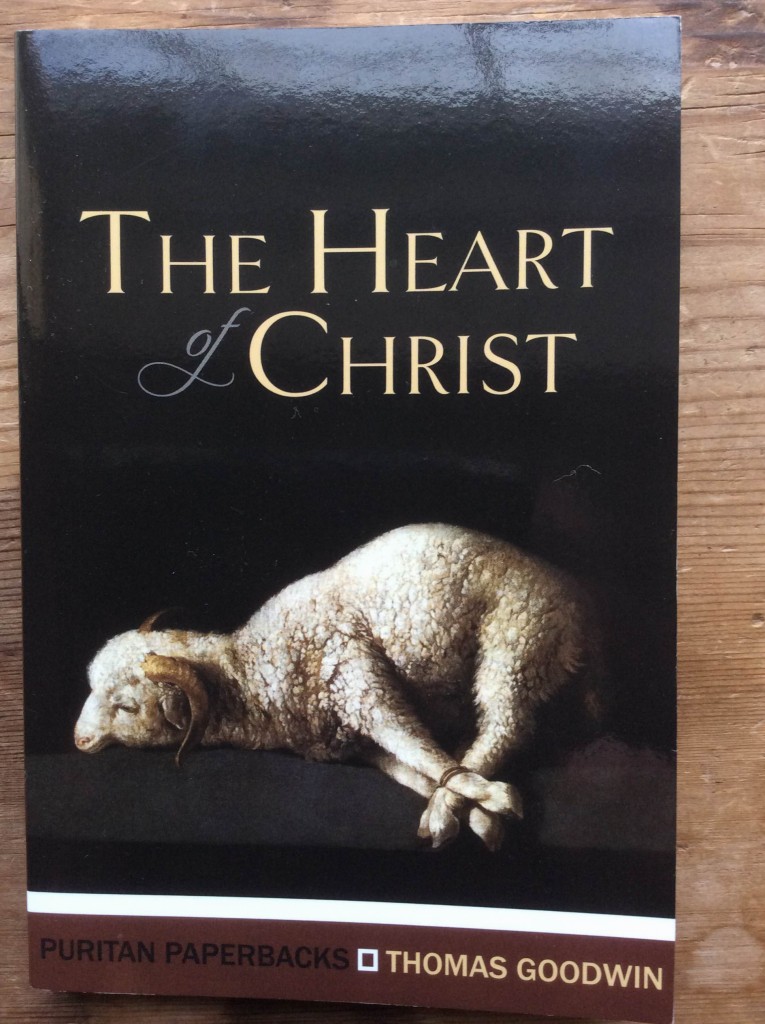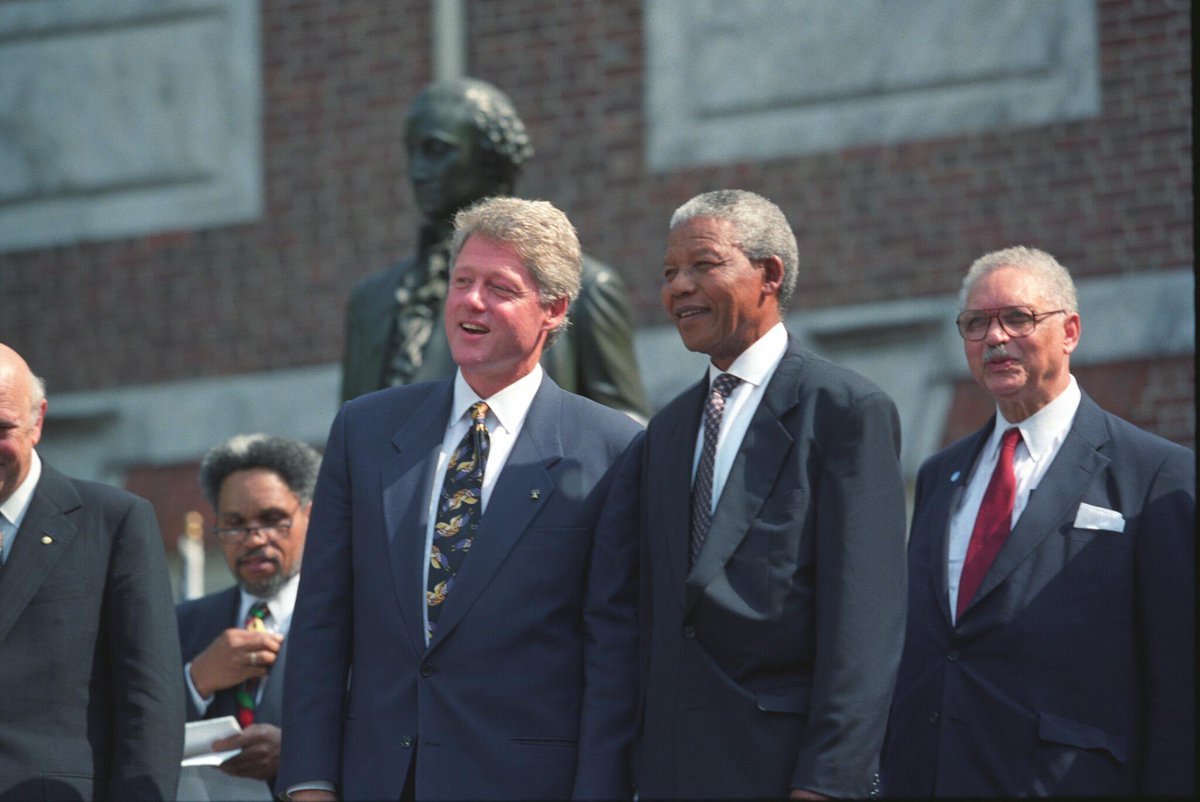 1 year ago today (1.30 PM) Sue passed into eternity to be with Christ which is far better. Frankly, I try to avoid the word died because if the Christian faith means anything at all, in a very real sense she hasn’t died. Yes, her body, her earthly remains are dead and in the ground. I know that only too well. I will be visiting the cemetery today. I still balk at the word loss or lost as she is neither. I do admit it is difficult to avoid using them. When I sing hymns that speak of heaven or being with The Lord Jesus I still well-up because in my minds’ eye I see her there in that happy and holy throng. It’s with a sense of great thankfulness to God mixed with the gut-wrenching desire for her to be here with me. I miss her so.
1 year ago today (1.30 PM) Sue passed into eternity to be with Christ which is far better. Frankly, I try to avoid the word died because if the Christian faith means anything at all, in a very real sense she hasn’t died. Yes, her body, her earthly remains are dead and in the ground. I know that only too well. I will be visiting the cemetery today. I still balk at the word loss or lost as she is neither. I do admit it is difficult to avoid using them. When I sing hymns that speak of heaven or being with The Lord Jesus I still well-up because in my minds’ eye I see her there in that happy and holy throng. It’s with a sense of great thankfulness to God mixed with the gut-wrenching desire for her to be here with me. I miss her so.
It’s a remarkable thing marriage. If we try to do it right and truly become ‘one flesh’ as Jesus tells us to, we invest everything into it. (That includes the Bank account. We only had one account and our salaries were paid into that one account.) It’s a physical thing. It was that. Of course it was, otherwise, we wouldn’t have our three wonderful children. But it’s so much more that as well. Our wife or husband sees us in our vulnerability, at our worst, sees our body get old and flabby, sees us in our sin, in our failures, in our weakness and yet learns to love and care all the same. And, what a blessing it is to enjoy one another’s company, to like being with each other. And so often, to say so much, without saying anything. She used to wear my sweatshirts especially when decorating.
Given the oneness of marriage, please don’t think I’m over it because a year has gone by. I was recently speaking with a widow. She still has those times when the grief is raw after many years. I have to tell myself and realise the sadness isn’t going to be over anytime soon. I am learning to have part of me missing.
A lot of our marriage investment is done unconsciously at a deep deep level. It has to be so if the marriage vows are taken seriously. When we enter into that covenant; I don’t think we fully realise quite what that means. I wonder that in some supernatural way God fuses us together even deeper than the atomic level. God does this at the spiritual level. Something unseen that cannot be probed. Something that can’t be touched. We mess with marriage as our society is doing, and we mess at a level where the consequences are huge. And we are seeing the consequences. Marriage is for one man and one woman – that’s it. ‘Gay’ marriage is deeply sinful and rebellious. (I’ll have to do a separate post on this)
 More than one person has told me I was punching above my weight with Sue. She was stunningly beautiful to the end, she was wise, nearly always right, ok, always right and incredibly capable. She loved me and the kids more than life itself. Above all, she was a Godly woman of prayer. Yet so disparaging of herself. She wasn’t perfect. I hope where she lacked I took up the slack as it were and the other way round too. We often said to each that we were a team. So despite her being way above my pay-grade, God had other ideas. I have heard it said that as long as your betrothed ticks the relevant boxes the person you marry could be anyone. We didn’t believe that for one moment. We believed and I still believe God brought us together. (Though I guess the means could be different) She could have done a lot lot better than marrying me. And when I told her that she would tell me off. We used to say to each other, we would do it again. We wouldn’t swap each other. She was the best thing that ever happened to me. God kept us together too. And however long I have on this earth I will have to deal with the parting every day. I’m told over time you do learn to live with it. But it never goes away.
More than one person has told me I was punching above my weight with Sue. She was stunningly beautiful to the end, she was wise, nearly always right, ok, always right and incredibly capable. She loved me and the kids more than life itself. Above all, she was a Godly woman of prayer. Yet so disparaging of herself. She wasn’t perfect. I hope where she lacked I took up the slack as it were and the other way round too. We often said to each that we were a team. So despite her being way above my pay-grade, God had other ideas. I have heard it said that as long as your betrothed ticks the relevant boxes the person you marry could be anyone. We didn’t believe that for one moment. We believed and I still believe God brought us together. (Though I guess the means could be different) She could have done a lot lot better than marrying me. And when I told her that she would tell me off. We used to say to each other, we would do it again. We wouldn’t swap each other. She was the best thing that ever happened to me. God kept us together too. And however long I have on this earth I will have to deal with the parting every day. I’m told over time you do learn to live with it. But it never goes away.
Today, Wednesday is when she left for heaven. Friday would have been her birthday, then it will be my birthday, then the first funeral anniversary (7th Dec), then Christmas. It’s been quite a year. I left work, moved to another part of the country, left several friends, left Church, sold the house, put most of our stuff in storage, started attending another Church, moved into rented accommodation, brought some stuff out of storage, searched for and looked at loads of houses and I’m now in the process of buying a house. So there will be the move, then getting all our stuff out of storage, sorting (again) through the things we shared together, settling into the new house, and breathe (that’s for you Jilly. Thank you).
I have a lot I would like to write about. Please pray I would get on and do it and that it would be helpful and profitable to others. I am reading a few books that I will comment on. Some very helpful stuff out there. But in the end, all praise is to God and our Lord Jesus for keeping us from falling. Where would we be if it were not for the Grace of God! We daily raise our Ebenezer and say Hitherto has the Lord helped us. I do anyway. And I know many of you do as well.
Speaking of investing all, isn’t this exactly what Jesus did for us! We don’t really invest everything do we, but Jesus did and does. His providential dealings are remarkable. There are many many references to marriage in the Bible. It’s no accident the Church is called the Bride of Christ. Jesus invested His blood into us poor faltering failing sinners. He doesn’t cast us off. No. He has vowed to keep us, to forgive us and cleanse us. Sue liked me holding her, she felt safe. O how much much more are we His people safe in His mighty arms. My dear non-Christian friend, how I long that you might be safe and know the love of Christ, that He is mighty to save and mighty to keep. O call upon Him for Salvation and safety, and love, and forgiveness, and then eternal joy with Christ which is far better.
Thank you for bearing with me.






 My very good friend Trevor Thomas preached an excellent sermon the other week and I’ve meant to post it ever since. It was a really great sermon that deserves wider recognition. We have been friends since about 1980. Trevor is a gifted preacher and spent about 9 years as a missionary / Pastor of a church in
My very good friend Trevor Thomas preached an excellent sermon the other week and I’ve meant to post it ever since. It was a really great sermon that deserves wider recognition. We have been friends since about 1980. Trevor is a gifted preacher and spent about 9 years as a missionary / Pastor of a church in 